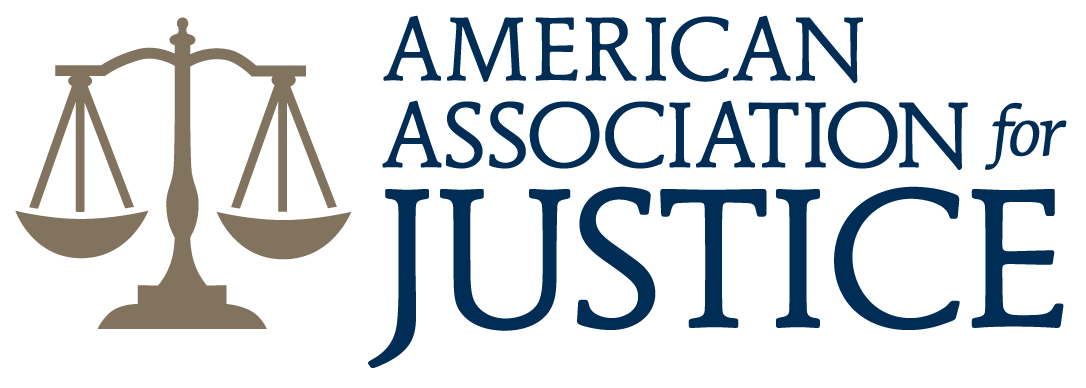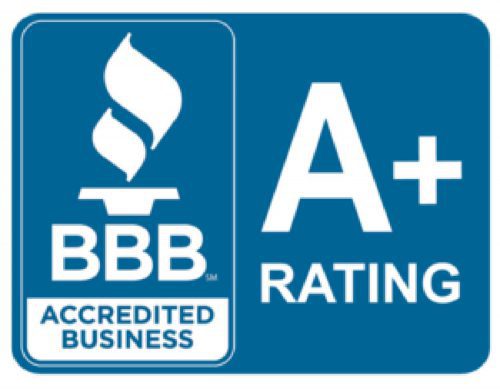An Oklahoma judge has ordered Johnson & Johnson and its subsidiaries to pay $572 million to deal with the financial impact the opioid crisis has had in the state. The case was watched closely by many who are involved in similar litigation elsewhere in the United States, as it is the first state case of its kind to reach trial. Many have applauded the ruling, deeming it an important step in funding the services necessary to deal with a public health crisis that has killed hundreds of thousands of Americans over the past few decades.
According to Attorney General Mike Hunter, opioid overdoses killed more than 4,600 people in the state of Oklahoma from 2007 to 2017, and the state has estimated it will take $17.5 billion over 30 years to abate the crisis. In fact, the state had asked for much more than $572 million from the pharmaceutical company; it requested the full $17 billion. This figure was developed as part of a 30-year plan to address the crisis, created by a professor of public policy and economics at the University of Virginia. It includes treatment costs, public and physician education programs, treatment for babies who are born to mothers who used opioids, data systems for pharmacists to better track prescriptions, grief support groups, and more.
The court, however, found that the pharmaceutical company was only responsible for about 1/30th of this cost, or one year of costs. According to the presiding judge, “The state did not present sufficient evidence of the amount of time and costs necessary, beyond year one, to abate the opioid crisis.”
Oklahoma’s Attorney General called Johnson & Johnson a “kingpin” and claimed company that was motivated by greed. Much of the focus was placed on two former Johnson & Johnson subsidiaries, Noramco and Tasmanian Alkaloids, which produced much of the raw opium used by other manufacturers to produce the drugs. According to the opinion, the companies engaged in “misleading marketing and promotion of opioids … compromised the health and safety of thousands of Oklahomans.”
As this is the first state case which reached the trial phase, many were eagerly anticipating the outcome. Currently, 48 states and around 2,000 local and tribal governments have filed similar lawsuits. These claims allege that the companies that manufacture, distribute, and sell the addictive painkillers are partly responsible for a crisis that has killed more than 400,000 people across the United States since 2000.
A federal judge in Ohio is currently overseeing the more than 2,000 lawsuits filed by governmental bodies across the nation against manufacturers, distributors, and retailers of prescription painkillers.
An attorney representing Johnson & Johnson has called the ruling “flawed” and said they plan to appeal the ruling to the Oklahoma Supreme Court.







COMMENTS
There are no comments for this post. Be the first and Add your Comment below.